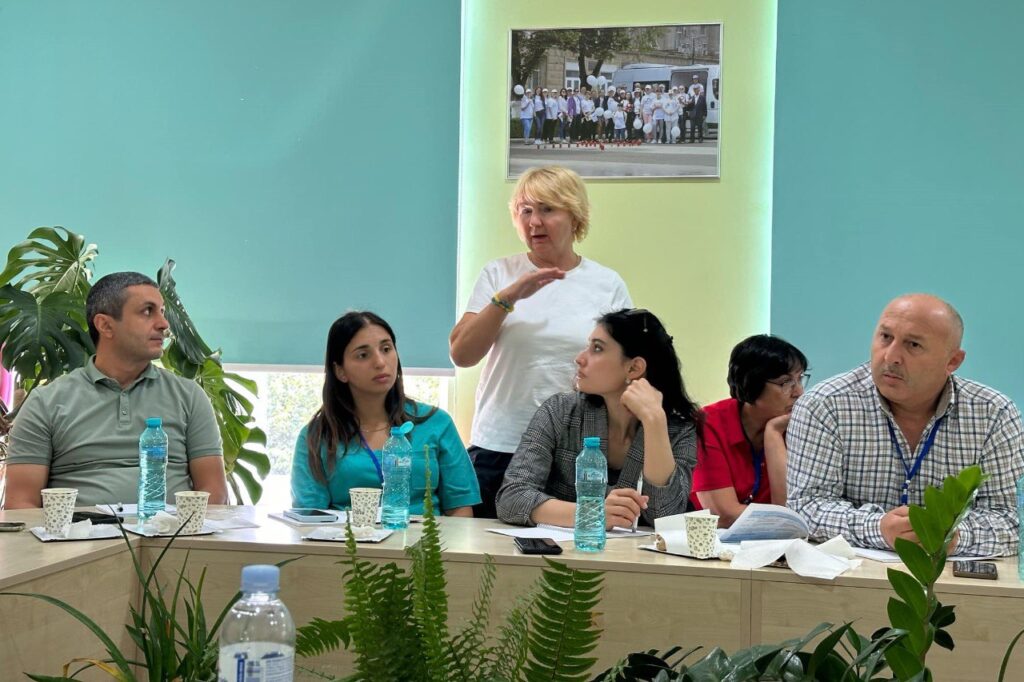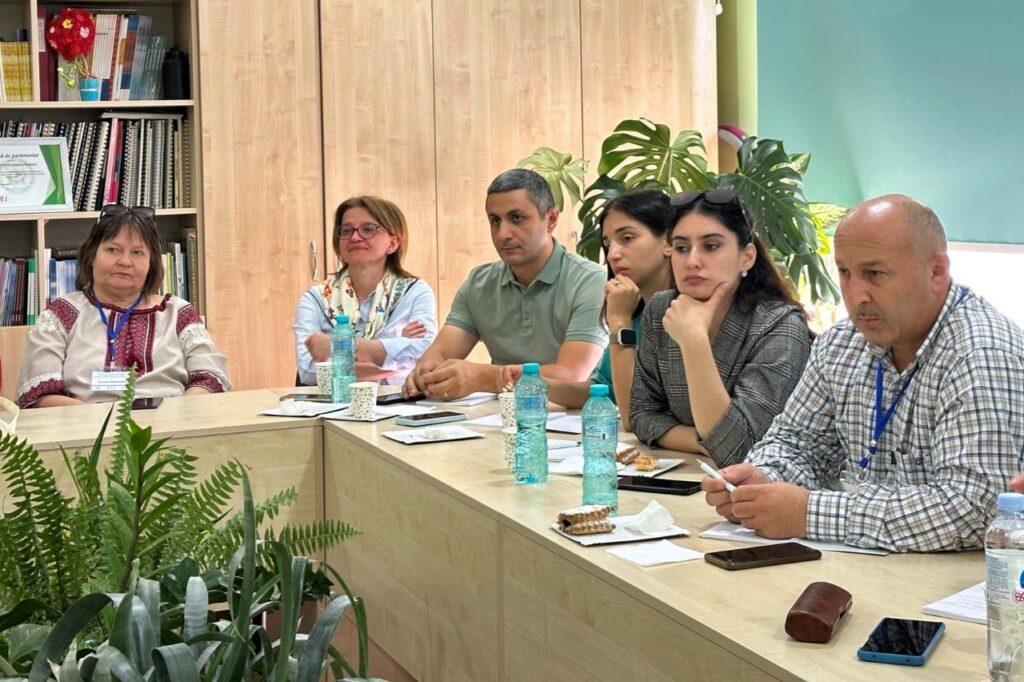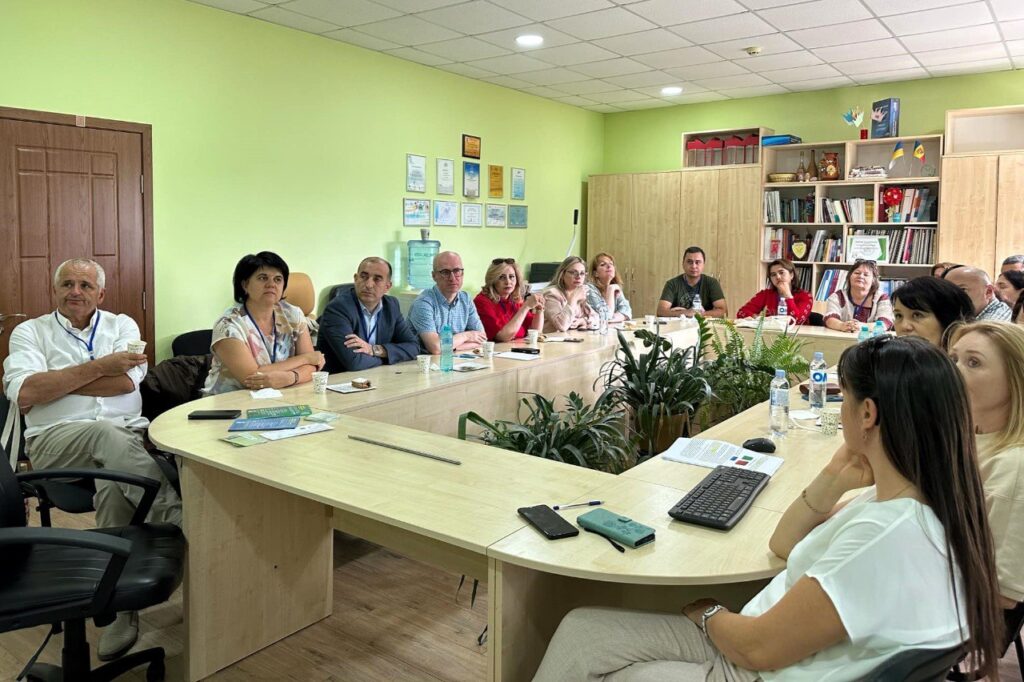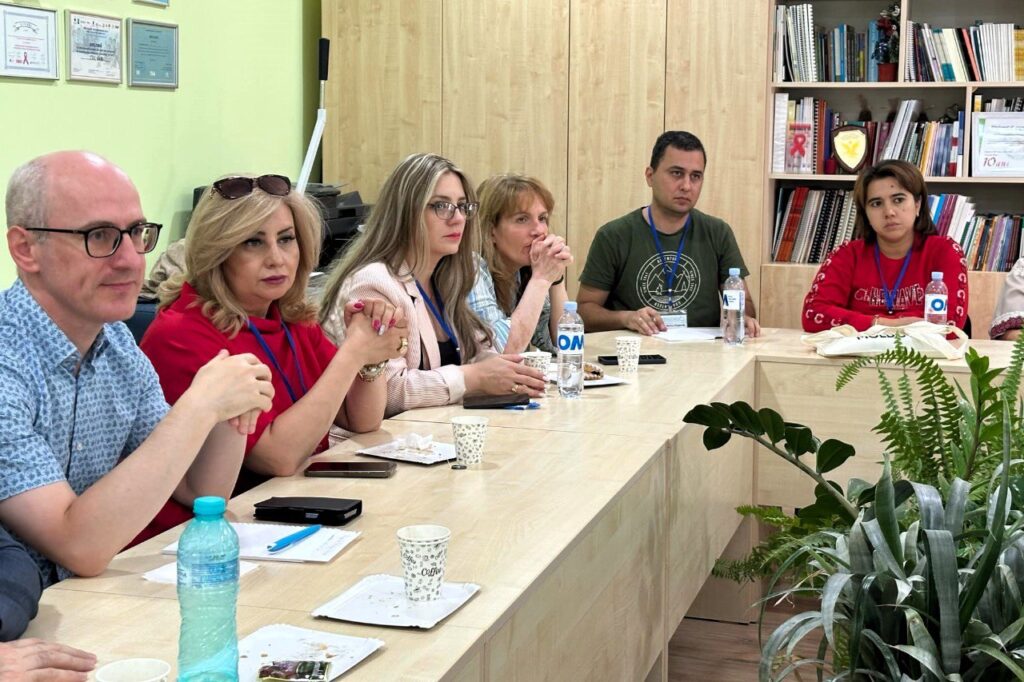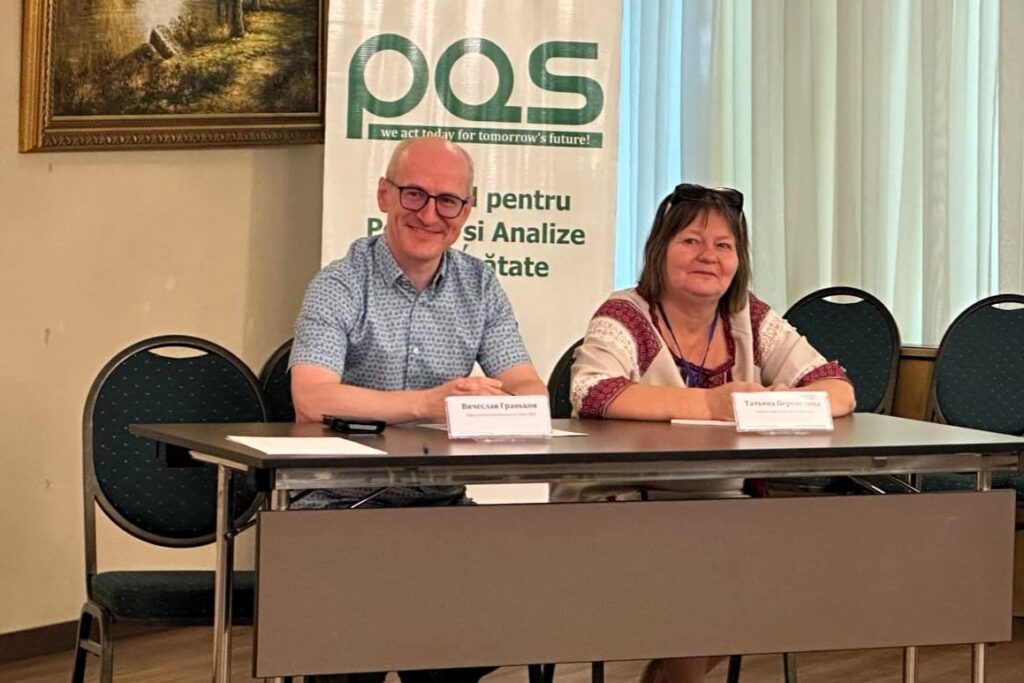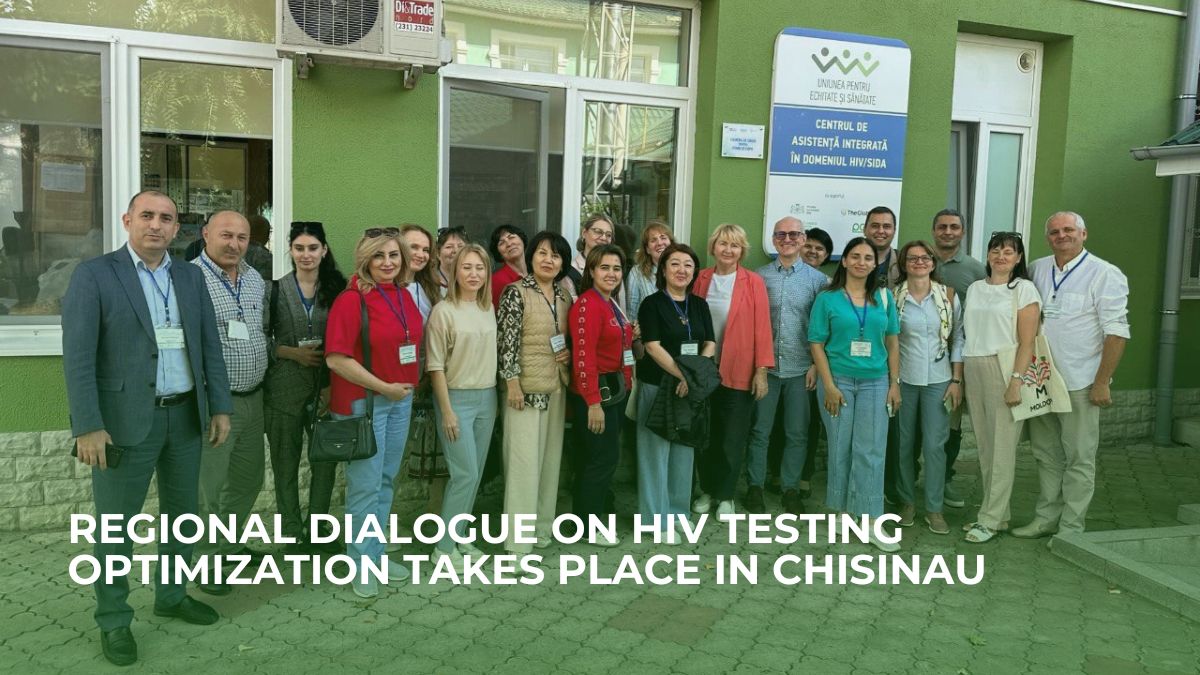From September 10 to 12, experts from eight countries in Eastern Europe and Central Asia gathered in Chisinau to discuss new approaches and strategies aimed at simplifying HIV testing procedures and promoting early detection of HIV infection.
The event was organized by the PAS Center, the WHO Regional Office for Europe, and the Alliance for Public Health as part of the SoS 2.0 project.
“Diagnosing HIV and starting treatment within one day is a real goal that Moldova has already achieved. We hope that this experience will inspire other countries to adopt similar practices. It is also important to work on expanding this experience to Western European countries,” said Dr. Viatcheslav Grankov from the WHO Regional Office for Europe.
Representatives from Armenia, Azerbaijan, Georgia, Kazakhstan, Kyrgyzstan, Moldova, Tajikistan, and Ukraine shared their successes and challenges in implementing new testing algorithms. Special attention was given to Moldova’s experience, where they managed to diagnose HIV and begin treatment within a single day.
“The SoS 2.0 project, which we are implementing with our partners, has an ambitious goal – to create sustainable HIV services in the EECA region. Optimizing HIV testing and implementing effective testing algorithms are key directions of our project. We aim to ensure that everyone who needs testing has access to this service and can trust its results,” said Tetyana Perepelytsia from the Alliance for Public Health.
Key topics of the dialogue:
Simplifying the testing process: Participants discussed new approaches to make testing more accessible and convenient for the population.
Early diagnosis: Participants emphasized the importance of early HIV detection for effective treatment.
Sharing experiences: Representatives from the region shared their successes and challenges in HIV testing.
This dialogue marks an important step in the fight against HIV in the region. The exchange of experiences and new ideas will help improve testing systems and bring us closer to the goal of eliminating the HIV epidemic.
